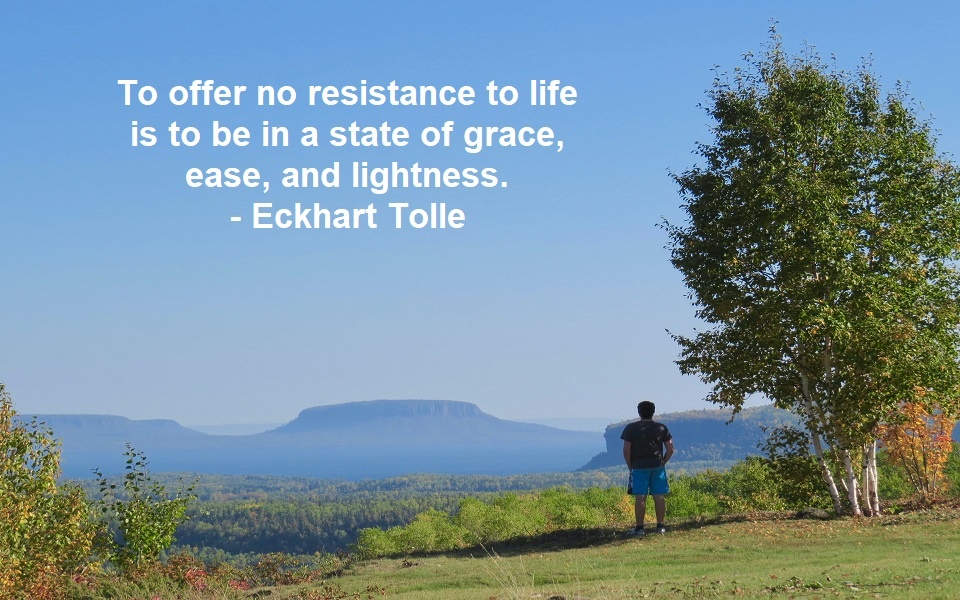But what if this happens or what if that happens? Should I do this or shouldn’t I do that? Such thought behavior patterns are prevalent in daily activities. And, the eventual mind-reaction to most situations. The mind induces this conditioned reaction mechanism into our experiences. Whereas, an unconscious person has no influence over the mind. So, an unaware person accepts thoughts and feelings as reality. This happens even if the thought or feeling is harmful to the person’s state of being. Let’s consider the following questions. How do thoughts affect an unconscious person’s body and state of being? Likewise, do thoughts influence the vibrating energy of everything. On the other hand, does the energy output of a consciously aware person also stimulate how and what manifests?

I can share a personal experience with you to clarify and illustrate these questions. A recent situation offered me clarity as I consciously observed my state of being. This allowed me to experience, first hand, the difference between thought influence or presence awareness. Cleaning is meditation for me. Hence, I enjoy it very much. The other day a moment of blissful freedom overcame me during the cleaning. (This blissfulness is always available for us. And, we can become more and more attuned to this energy vibration.) I share this with you as a call to action. Focus on such a moment when you are aware and let the feeling of presence engulf you. Continue reading


















